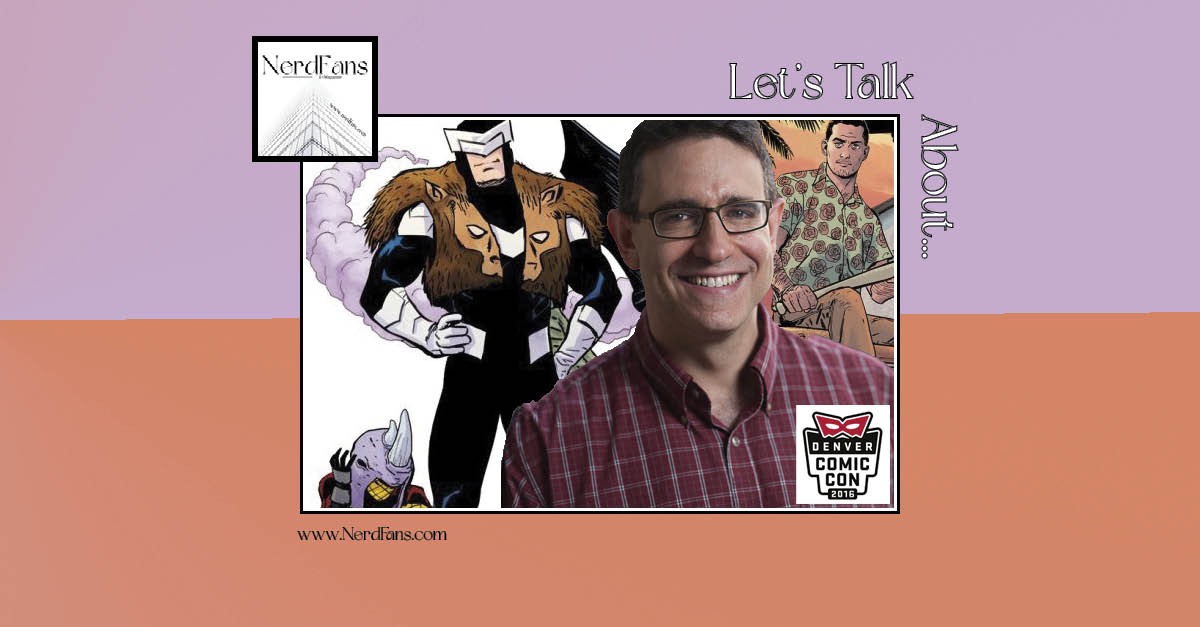An Editorial Team reason for rejection
There’s no law against writing a boring book … but there ought to be.
Whether you’re writing fiction or nonfiction, a children’s picture book or a teen romance, a psychology textbook or a Mediterranean cookbook, if you bore me I will reject you.
Unfortunately for you, I have a very short attention span—and most agents and editors are just like me. We blame it on the fact that we’re very busy, our time always seems crunched, etc. etc. But the truth is just that our kind bores easily. Very little of what we read is new, and without even thinking we’re automatically dissecting your paragraph structure, the rhythm of your writing, and our emotional reaction to your words.
You’ve got to “wow” us, and keep wowing us from beginning to end. Otherwise you’ll never keep our attention.
No, that doesn’t mean you have to have explosions and death-defying stunts on every page. But it does mean there should be some kind of “wow” factor that engages the reader—and then keeps the reader going through the book. This can be in the way you create curiosity in the reader, or in the deft characterizations you deliver, or in the thoughtful and compelling reasoning of your ideas, and so on.
Remember, though, whatever you write, the “wow” should be easy to see. Otherwise, it’ll only take me about 60 seconds (or less) to get bored and reject your boring book.
What You Can Do About It
1. Start well.
Bestselling novelist Harlan Ellison says, “An otherwise excellent story can find itself being stuffed back into an SASE and being dropkicked into the mail chute because it had a slow, an obscure, a confusing, or redundant opening section.” And Mr. Ellison is right.
If you intend to avoid writing a boring book, the first step is to avoid writing a boring beginning to your book. Or, to look at it another way, if you wanted to write a boring book, you’d do the following:
Fill your opening pages with backstory and exposition. Spend a while making sure I get all the background on your characters and their setting. Tell me all about their hair color, the number of trees in their yards, where their cousins live and so on. Make me wade through all that irrelevant stuff before I can finally appreciate your plot.
Of course, I’ll reject you…but at least you can boast about how boring your writing is, right?
2. Show, don’t tell.
This is a basic writing instruction, especially for fiction authors. The point is this: Don’t spend time telling me something when you can engage me with a word picture or mental image of that thing instead.
For instance, you could tell me: “Martin smoked a lot every day.” Of course, that would be boo-oor-ring. Or you could show me Martin’s habit: “Perched on the corner of Martin’s desk was a faded ash tray, filled to the edges with spent cigarette butts and surrounded by crumpled, empty packs of Chesterfields.” The first description tells me about Martin, but the second delivers a visual image that shows me Martin’s habit without ever having to say, “Martin smokes a lot.”
The problem with telling in a manuscript is that it most often is an interruptive technique. It actually stops the story in order to lecture the reader on some fact or tidbit of information.
Think for a minute about what happens when you watch TV. Do you ever enjoy it when your favorite show stops completely to lecture you with a PSA about meth abuse, or when your football game grinds to a halt so some automotive company can tell you how tough their trucks are? As important as education about meth abuse is, and as true as it may be that some company makes tough trucks, no one likes being interrupted to hear about those things.
Likewise, telling interrupts the reader as he or she is enjoying your story. Do it too often, and your reader will eventually get bored and give up.
3. Avoid unnecessary repetition.
Veteran editors, Renni Browne and Dave King observe, “Most authors already know to edit out places where they have literally repeated a word or phrase. But the repetition of an effect can be just as problematic. Whether it’s two sentences that convey the same information, two paragraphs that establish the same personality trait, or two characters who fill the same role in the plot, repetition can dissipate your writing and rob it of its power.”
I am tempted to expand on this more, but after reading again the comments of the esteemed Browne and King, I realize that anything I say now will simply be a repeat of their excellent advice! So, suffice it to say that unnecessary repetition in a manuscript is boring. Don’t do it.
Looking for more? Check out these links:







